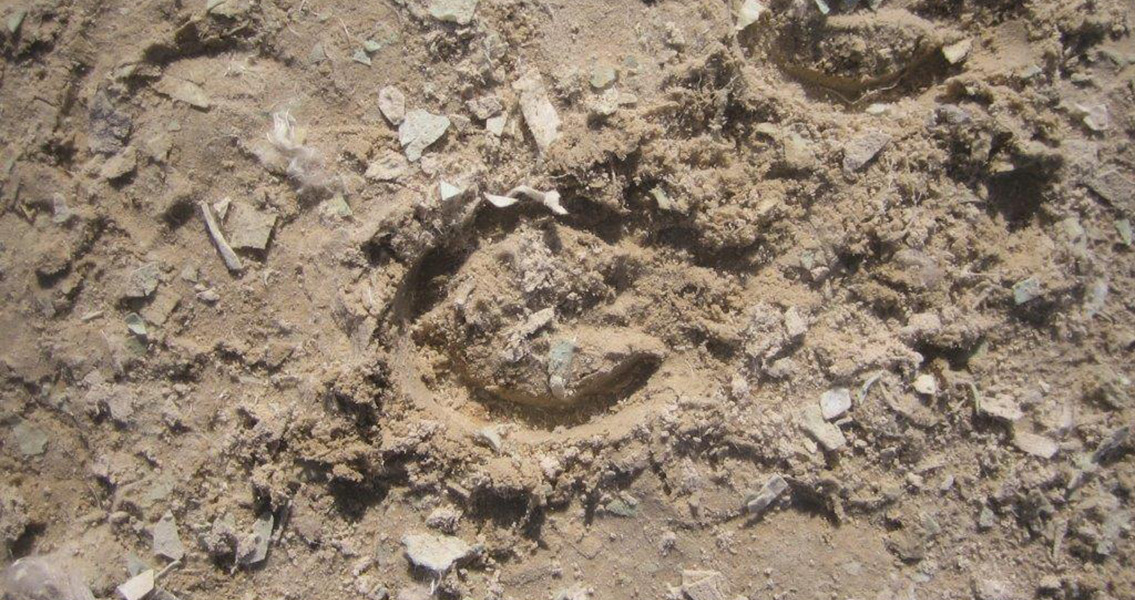<![CDATA[A 700 year old farming technique from West Africa could mitigate the effects of climate change on soil, providing a revolution in farming across Africa and reducing food shortages in some of the poorest regions on the earth. For centuries villagers in West Africa have been able to transform nutrient poor rainforest soil into fertile farmland. Now, an international team of researchers have studied this technique, and believe it could be applied to farmland across Africa. The ancient West African method sees kitchen waste and charcoal added to deeply weathered, nutrient poor tropical soil. An international team of researchers, led by the University of Sussex, set out to analyse the fertile soils found in Ghana and Liberia. The team, which included anthropologists and soil scientists from Cornell, Accra, and Aarhus Universities and the Institute of Development Studies, discovered that the method used by West African villagers turned the land into carbon rich soil which retained its fertility over an extended period. They've dubbed these rich African farmlands 'Dark African Earth'. The fertility of the soil is remarkable. The team found that soil treated with charcoal and kitchen waste contained between 200 and 300 percent more organic carbon than other soils. What's more, the soil treated with the West African villagers' method was capable of sustaining much more intensive farming. 150 sites in Liberia and 27 in Ghana were studied as part of the research. If applied across Africa, the impact could be massive, bringing vastly more productive farming to some of the poorest, most starvation hit countries on the continent. "Mimicking this ancient method has the potential to transform the lives of thousands of people living in some of the most poverty and hunger stricken regions in Africa." said Professor James Fairhead from the University of Sussex, the project's initiator. "More work needs to be done but this simple, effective farming practice could be an answer to major global challenges such as developing 'climate smart' agricultural systems which can feed growing populations and adapt to climate change." he explained, in a press release from the university. Key to the researchers' success was the willingness of the West African villagers to accommodate them, allowing the team to witness the creation and maintenance of the fertile soil first hand. The team observed women from the communities disposing ash, bones and other organic waste to generate the 'Dark African Earths'. Interestingly, soil carrying similar qualities to the 'Dark African Earths' has been discovered before, in South America. Created by Amazonians in the pre-Columbian era, the techniques used have unfortunately been lost to history, a consequence of the devastating disruption of the European conquest of the Americas. It is now impossible to tell if similar techniques were used to those practiced in Africa. The study provides a remarkable example of ancient methods being able to answer very modern problems. "What is most surprising is that in both Africa and in Amazonia, these two isolated indigenous communities living far apart in distance and time were able to achieve something that the modern-day agricultural management practices could not achieve until now." said Dr Dawit Solomon, the lead author of the study, from Cornell University in the USA. "The discovery of this indigenous climate smart soil-management practice is extremely timely. This valuable strategy to improve soil fertility while also contributing to climate-change mitigation and adaptation in Africa could become an important component of the global climate-smart agricultural management strategy to achieve food security." Solomon concluded. ]]>
Ancient African Farming Method Could End Food Shortages
